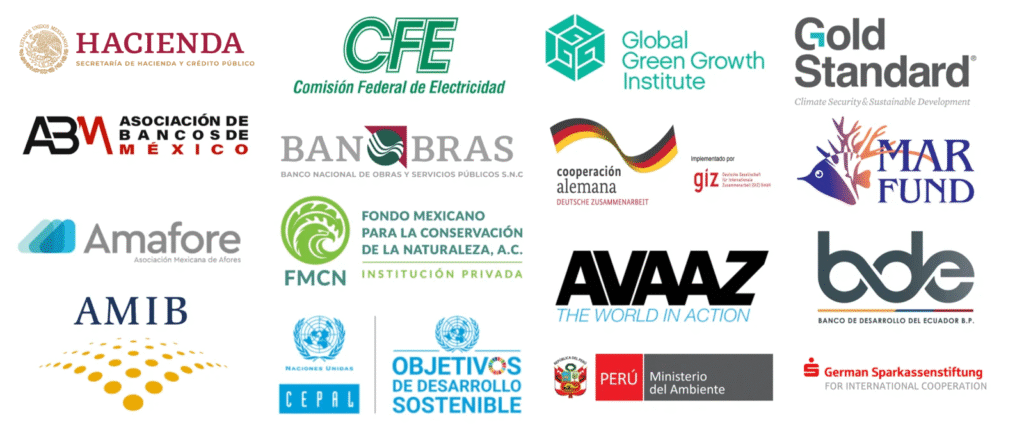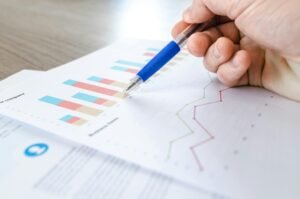Sustainability
OUR SERVICES
OUR PROJECTS
Economics of Biodiversity
Blue Economy
Economic Instruments
Economic Valuation
Environmental and Ecological Economics Blue Economy
Economic Instruments
Economic Valuation

Taxonomías
ESG Criteria
Financial Instruments
Climate and Biodiversity Risks
Sustainable Finance ESG Criteria
Financial Instruments
Climate and Biodiversity Risks

Agricultural and Productive Biodiversity (Regenerative agriculture, landscapes, food systems)
Marine and Blue Biodiversity (Oceans, reefs, coastal economies)
Nature-based Solutions (NbS)
Community and Territorial Projects with a Socio-environmental Justice Approach Resilience
Biodiversity, Climate, and NbS Marine and Blue Biodiversity (Oceans, reefs, coastal economies)
Nature-based Solutions (NbS)
Community and Territorial Projects with a Socio-environmental Justice Approach Resilience

Alignment with NDCs, NAP (National Adaptation Plan) and International Agendas
Integration of ESG Criteria into Regulation and Sectoral Policy
National Strategies for Sustainable Transitions
Public Policy Integration of ESG Criteria into Regulation and Sectoral Policy
National Strategies for Sustainable Transitions

Climate Governance with a Socio-environmental Justice
Multi-stakeholder Models and Informed Participation (Communities – Government – Private Sector)
Organizational Development
Governance Multi-stakeholder Models and Informed Participation (Communities – Government – Private Sector)
Organizational Development

CLIENTS

MEMBER OF


Would you like to collaborate with us?
Would you like to collaborate with us?

Copyright © 2025 Planisphera Sostenibilidad. All rights reserved





